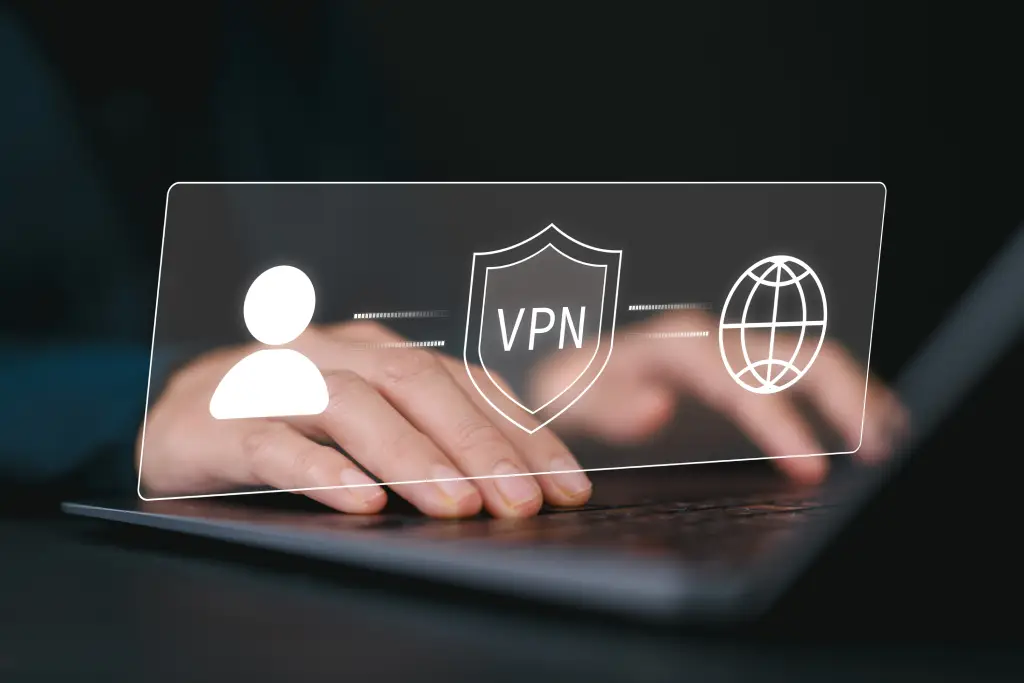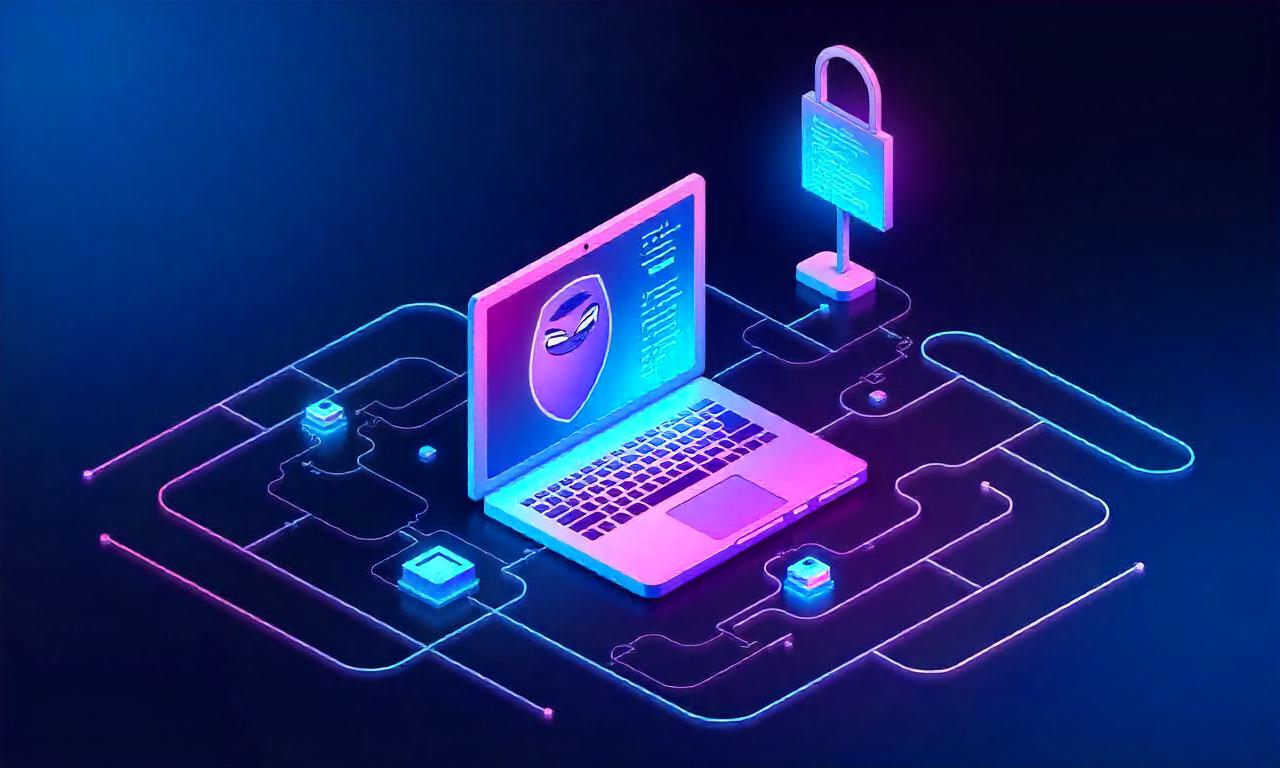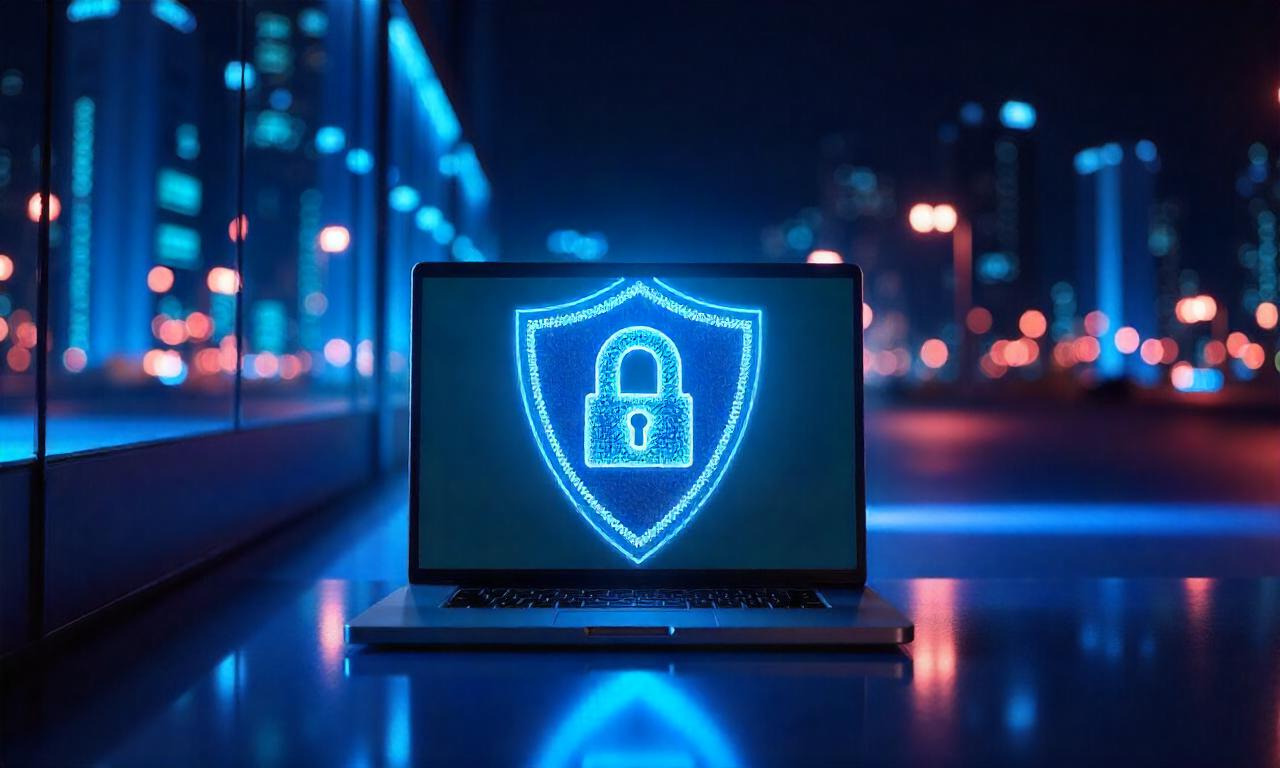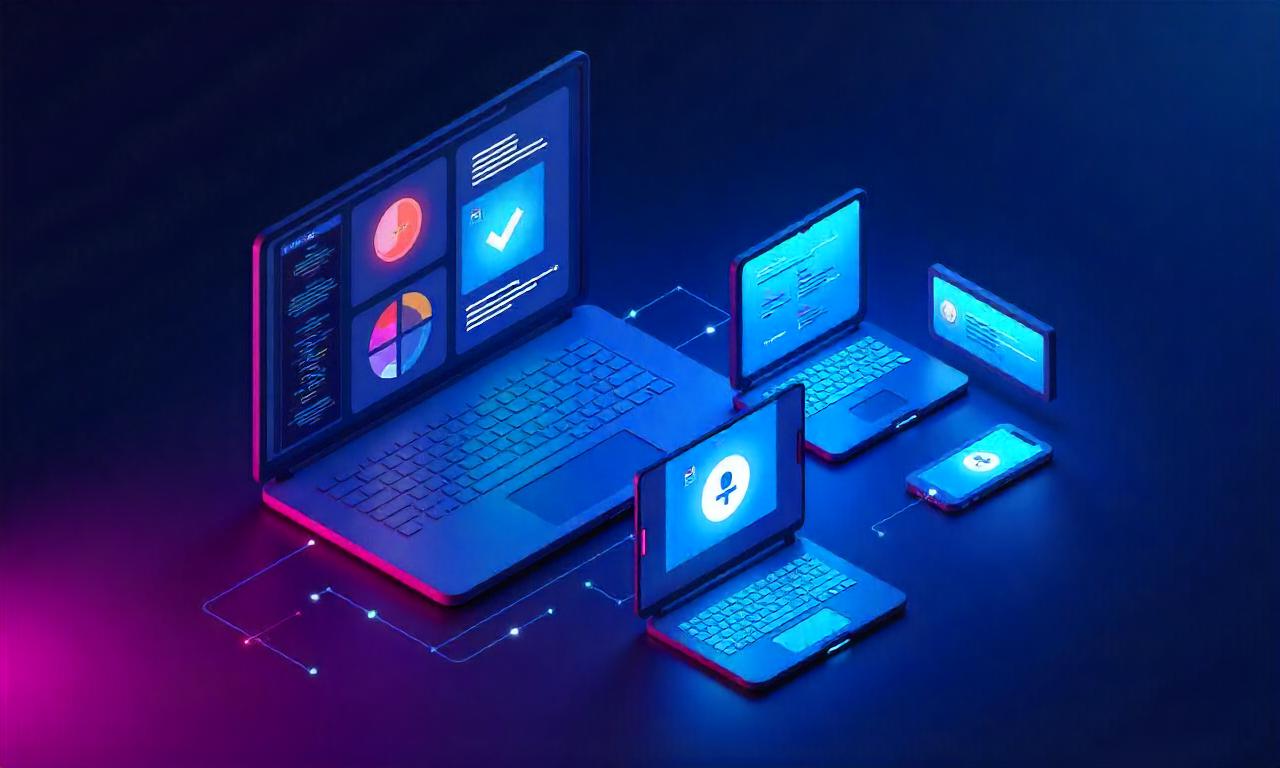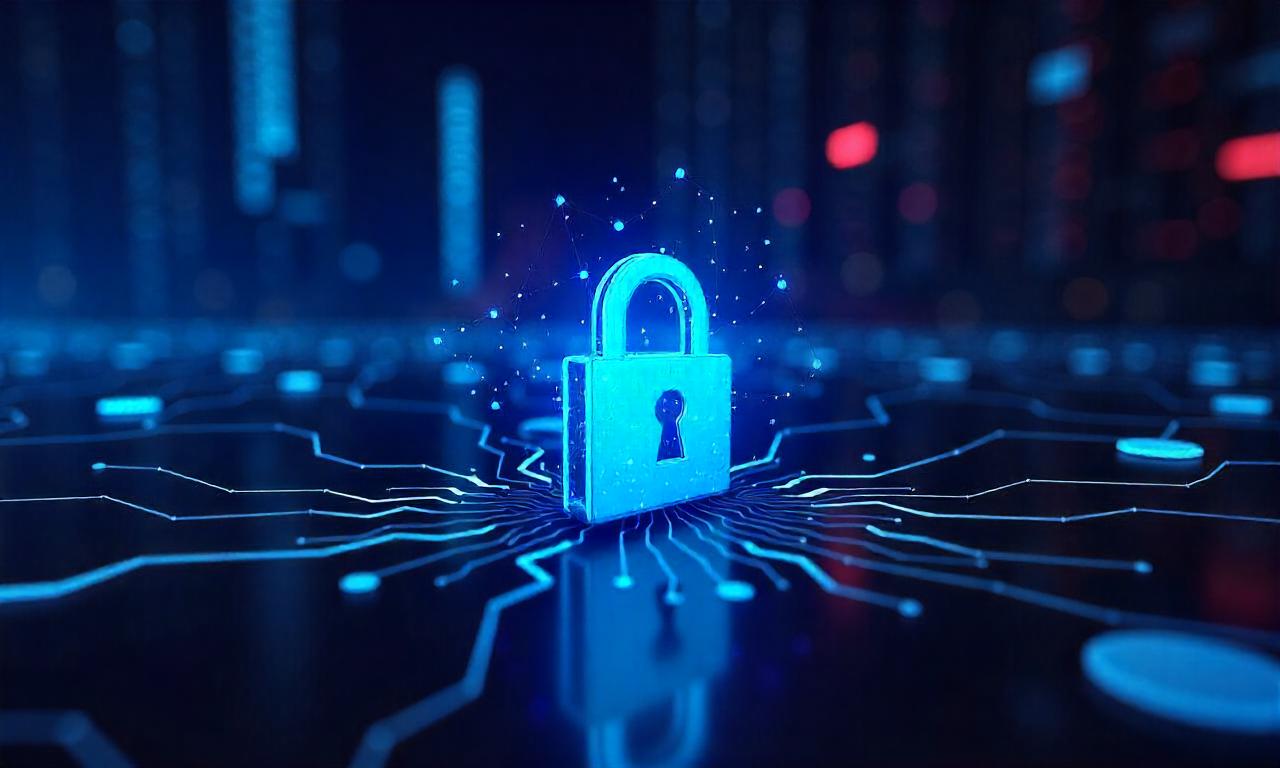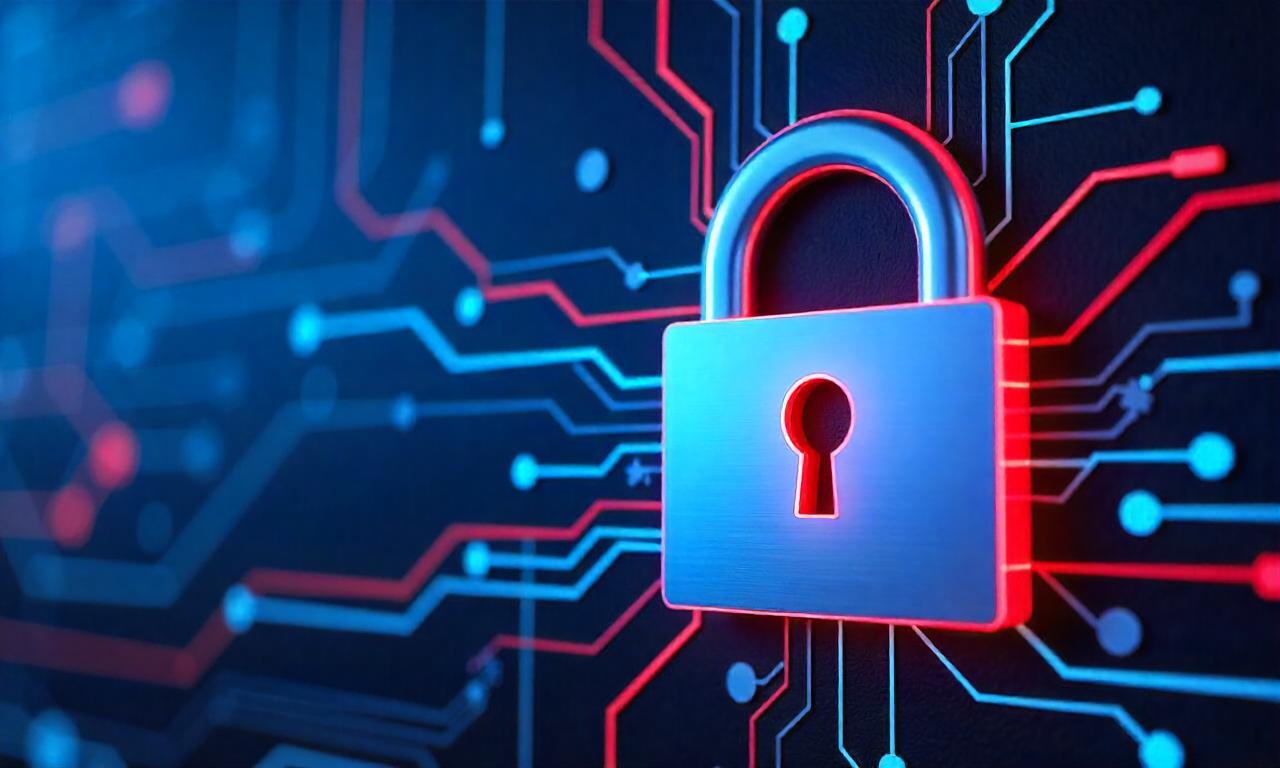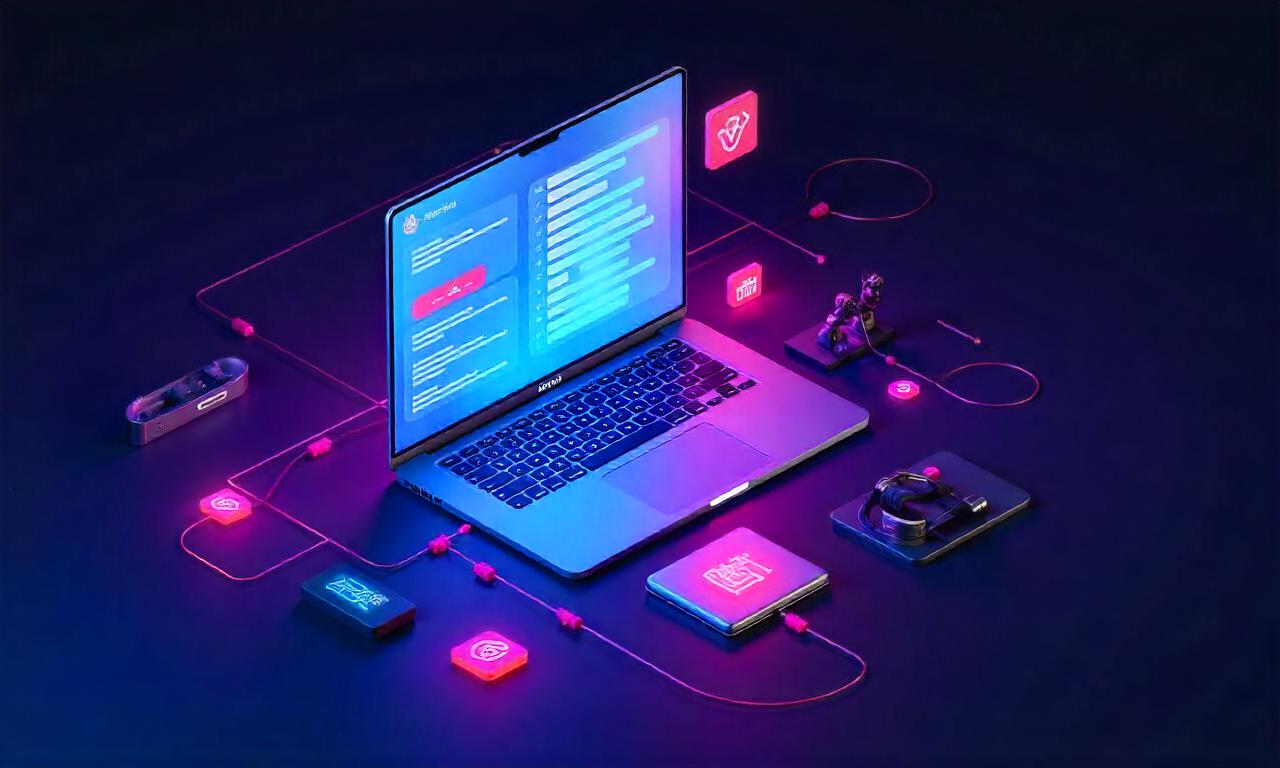Learn how to stay anonymous online with a VPN. Protect your privacy, secure your data, and browse safely. Discover simple steps to remain anonymous online.
In today’s digital age, online privacy is more important than ever. With the increasing number of cyber threats, surveillance, and data breaches, safeguarding your personal information has become crucial.
One of the most effective ways to protect your anonymity is by using a VPN (Virtual Private Network). A VPN encrypts your internet connection, ensuring that your online activities are private and secure.
But how exactly do you stay anonymous online with a VPN? In this guide, we’ll walk you through the essential steps to ensure your privacy remains intact while browsing the web.
Whether you’re concerned about your online activities being tracked or simply want to browse safely, this article has got you covered.
Table of Contents
ToggleIntroduction
Staying anonymous online is more challenging than ever, with data mining, tracking, and cyber-attacks becoming an everyday threat.
Fortunately, a VPN offers a powerful tool to protect your identity and keep your online actions hidden. However, simply installing a VPN isn’t enough—there are several key practices to follow to ensure that your privacy is truly protected.
In this article, we’ll explore everything you need to know about using a VPN for online anonymity. We’ll cover the steps you should take to secure your connection, as well as tips for maintaining privacy while using the internet.
By following these tips, you’ll be able to stay hidden from prying eyes, including websites, advertisers, and even hackers.
How to Stay Anonymous Online with a VPN
A VPN is an essential tool in your digital privacy toolkit, but knowing how to configure it properly is key to ensuring your anonymity online. Here’s a step-by-step guide to help you achieve maximum privacy:
1. Choose a Reliable VPN Provider
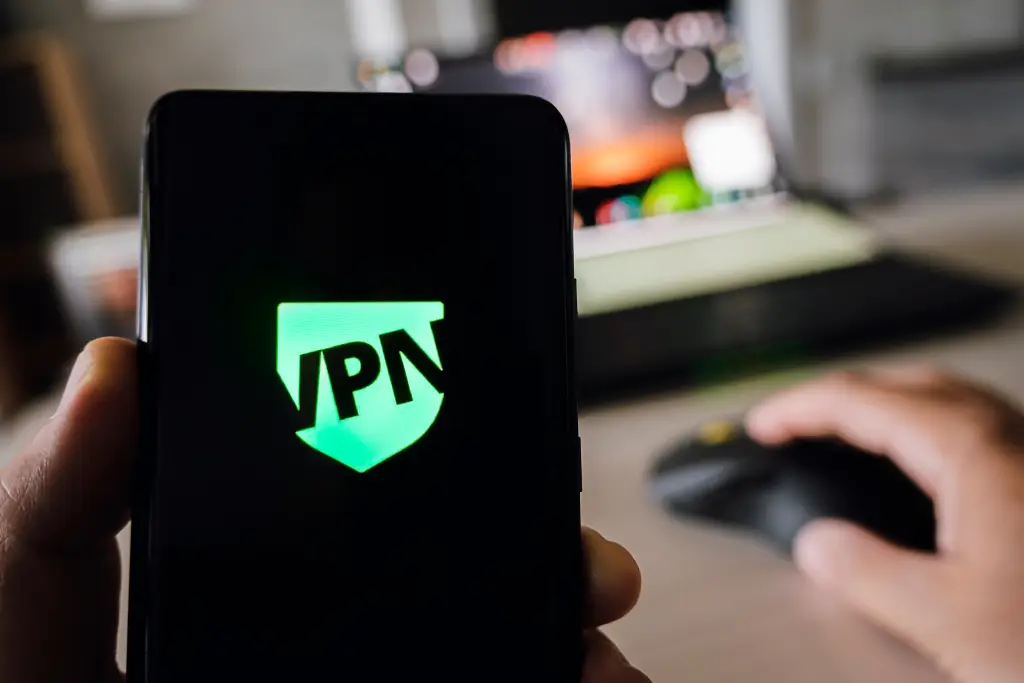
The first and most important step to staying anonymous online is selecting a trustworthy VPN provider. Not all VPN services are created equal, so it’s essential to choose one that offers strong encryption, no-logs policies, and fast connection speeds.
- Look for a no-logs policy: This means the VPN provider doesn’t store your browsing data, ensuring that your online activity is never recorded.
- Check encryption standards: The best VPNs use AES-256 encryption, which is virtually unbreakable.
- Consider a reputable provider: Opt for well-known services like NordVPN, ExpressVPN, or CyberGhost, which are known for their robust privacy protections.
Choosing the right provider is vital because even though a VPN masks your online activity, a poor-quality VPN could still leak data or track your browsing behavior.
Read More : How to Choose the Best VPN
2. Install the VPN
Once you’ve chosen the right provider, the next step is installing the VPN software on your device. Installation is usually straightforward and can be completed in a few simple steps:
- Download the app: Go to your VPN provider’s website or app store, and download the version compatible with your device (Windows, macOS, Android, or iOS).
- Install the application: Follow the on-screen instructions to install the app on your device.
- Log in: Use the credentials you created during the sign-up process to log into your VPN account.
After installation, you’ll be ready to connect to a secure server and begin browsing anonymously.
3. Connect to a Server
Once your VPN app is installed, it’s time to connect to a server. By connecting to a server in a different location, you’ll mask your real IP address, making it look like you’re browsing from another country. This adds an extra layer of privacy.
- Choose a server location: Many VPN apps allow you to choose a server in any country they support. For added privacy, select a country with strong privacy laws.
- Optimize for speed or anonymity: Some servers are optimized for better speeds, while others are optimized for enhanced security. Choose the one that best fits your needs.
By connecting to a server, your IP address is replaced with the server’s IP address, making it difficult for websites to track your true location.
4. Enable Kill Switch and Leak Protection
A Kill Switch and leak protection are two critical features that ensure your privacy isn’t compromised if your VPN connection drops.
- Kill Switch: If your VPN connection drops unexpectedly, the Kill Switch feature will disconnect you from the internet entirely, preventing your real IP address from being exposed.
- Leak Protection: This prevents your real IP address or DNS queries from leaking while using the VPN, ensuring all your data is securely encrypted.
Make sure these features are enabled within your VPN app to guarantee your anonymity is always protected.
5. Use Anonymous Payment Methods
Another important step to staying anonymous online is using anonymous payment methods when purchasing your VPN subscription. Most VPN providers require payment information, but some offer the option to pay anonymously.
- Cryptocurrency: Many VPN services now accept Bitcoin or other cryptocurrencies, allowing you to make payments without revealing your personal information.
- Gift Cards: Some VPN providers also accept gift cards from major retailers, providing another way to remain anonymous during payment.
By using anonymous payment methods, you ensure that your identity remains concealed, even when subscribing to a VPN service.
6. Browse in Incognito/Private Mode
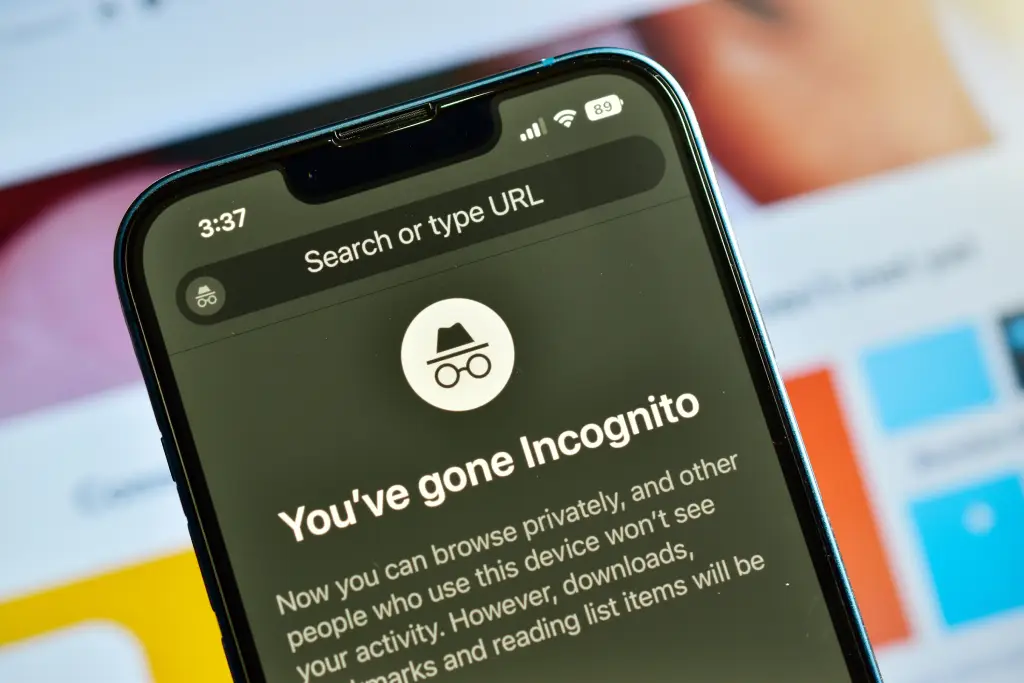
While using a VPN, it’s also a good idea to browse in Incognito or Private Mode. These browsing modes prevent your browser from storing cookies, history, and cached files.
- Incognito Mode in Chrome: When you open a new incognito window, your browser won’t save your browsing history or cookies.
- Private Browsing in Firefox: Similar to Chrome’s Incognito mode, Firefox’s Private Browsing feature ensures your session remains anonymous.
Using Private Mode in conjunction with a VPN will enhance your anonymity by ensuring your browser doesn’t store any personal data.
Read More : Top Reasons to Use a VPN for Internet Privacy
7. Be Mindful of What You Share
Even with a VPN, your online anonymity can be compromised if you share personal information openly. Always be mindful of what you reveal online.
- Avoid oversharing on social media: Don’t post sensitive details like your real location, phone number, or email address.
- Use disposable email addresses: When signing up for online services, consider using a temporary or disposable email address to protect your identity.
The less personal information you share, the harder it becomes for websites or hackers to track you.
8. Use Tor with VPN
For the highest level of anonymity, you can combine Tor with your VPN. Tor is a decentralized network that routes your internet traffic through multiple volunteer-operated servers, masking your IP address even further.
- How it works: By using both Tor and a VPN, your traffic is encrypted multiple times, making it nearly impossible to trace.
- VPN before Tor: It’s generally safer to connect to your VPN before using Tor, as this ensures your real IP address is hidden before accessing the Tor network.
Using Tor with a VPN offers an extra layer of security and is highly recommended for those who need to remain truly anonymous online.
9. Disable WebRTC
WebRTC is a technology that allows real-time communication between web browsers. However, it can potentially leak your real IP address even if you’re using a VPN.
- What to do: Disable WebRTC in your browser settings to prevent it from revealing your real IP.
- Browser settings: In Chrome, type
chrome://settings/privacyin the address bar, then disable WebRTC. For Firefox, you can block WebRTC in the about:config menu.
Disabling WebRTC is a simple but effective way to ensure that your VPN remains the only source of your IP address.
10. Monitor Your VPN Connection
Lastly, it’s essential to regularly monitor your VPN connection to ensure it’s working as expected.
- Use a VPN test tool: Tools like ipleak.net can help you verify that your VPN is masking your IP address correctly.
- Check for DNS leaks: Regularly check for DNS or WebRTC leaks to ensure your connection is secure.
By monitoring your VPN connection, you can quickly identify and fix any issues that might compromise your anonymity.
If you’re looking to understand the full advantages of securing your online presence, you might want to check out our article on the benefits of using a VPN. It goes into detail about how a VPN can enhance your privacy, protect your data, and keep you safe from cyber threats.
Conclusion
Now that you know how to stay anonymous online with a VPN, you can take control of your digital privacy and browse the internet securely.
Remember, a VPN is a powerful tool, but it’s important to follow the steps outlined above to ensure your identity remains hidden.
From choosing the right VPN provider to using Tor and monitoring your connection, every step is vital in maintaining online anonymity.
For more tips on staying safe online, check out vpnpieces.com, a trusted source for expert advice on VPNs and internet security.
Your online privacy matters, and taking the right steps will ensure you remain anonymous, no matter where you browse.
Frequently Asked Questions (FAQ)
Q1: Does a VPN make you anonymous online?
A1: A VPN helps mask your IP address and encrypts your internet traffic, making it much harder for websites and third parties to track you. However, it’s not foolproof. To stay fully anonymous, you should combine a VPN with other privacy measures like using Tor and disabling WebRTC.
Q2: Is it possible to be 100% anonymous online?
A2: Achieving 100% anonymity online is extremely difficult. While a VPN can significantly enhance your privacy, factors like the data you share, cookies, and tracking methods can still compromise your identity. Being mindful of what you share and using additional privacy tools is essential.
Q3: How do you stop websites from knowing you’re using a VPN?
A3: To prevent websites from detecting you’re using a VPN, use a high-quality VPN with obfuscated servers. These servers mask VPN traffic to appear like regular internet traffic. Additionally, ensure features like DNS and WebRTC leak protection are enabled to prevent data leaks.
Q4: Which VPN is truly anonymous?
A4: VPNs with a strict no-logs policy, strong encryption, and obfuscation features are the best for anonymity. Some trusted VPNs that prioritize privacy include NordVPN, ExpressVPN, and ProtonVPN. Always check if the provider has a solid reputation for protecting user data.

